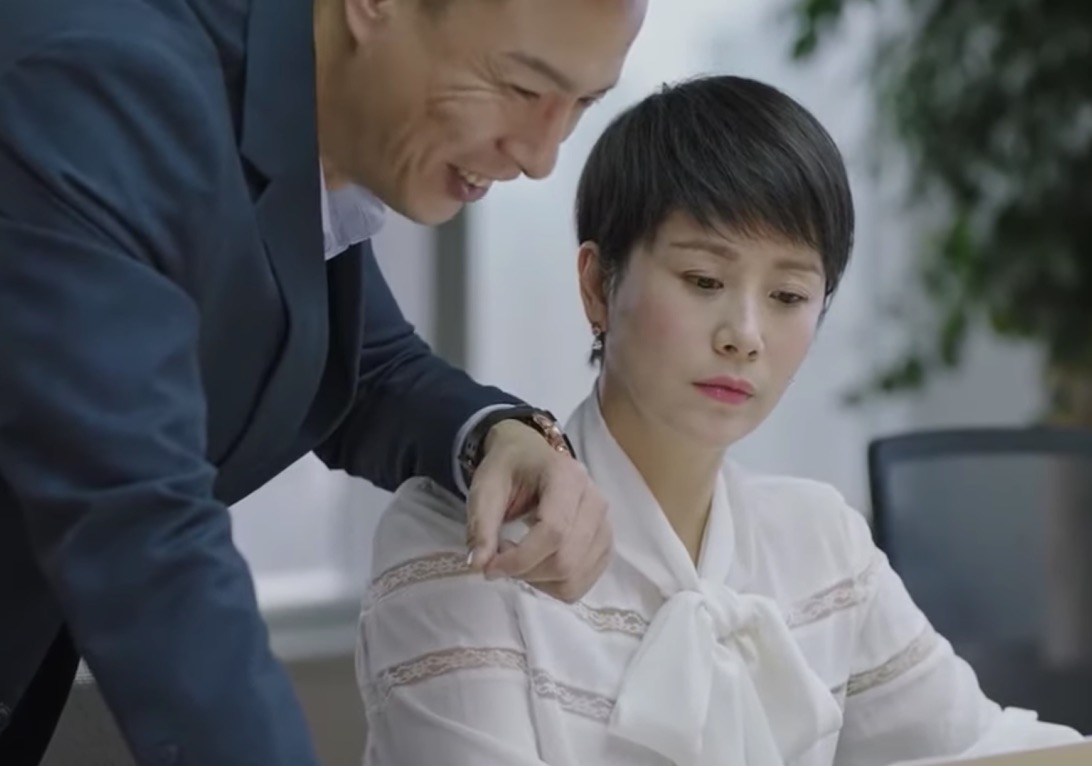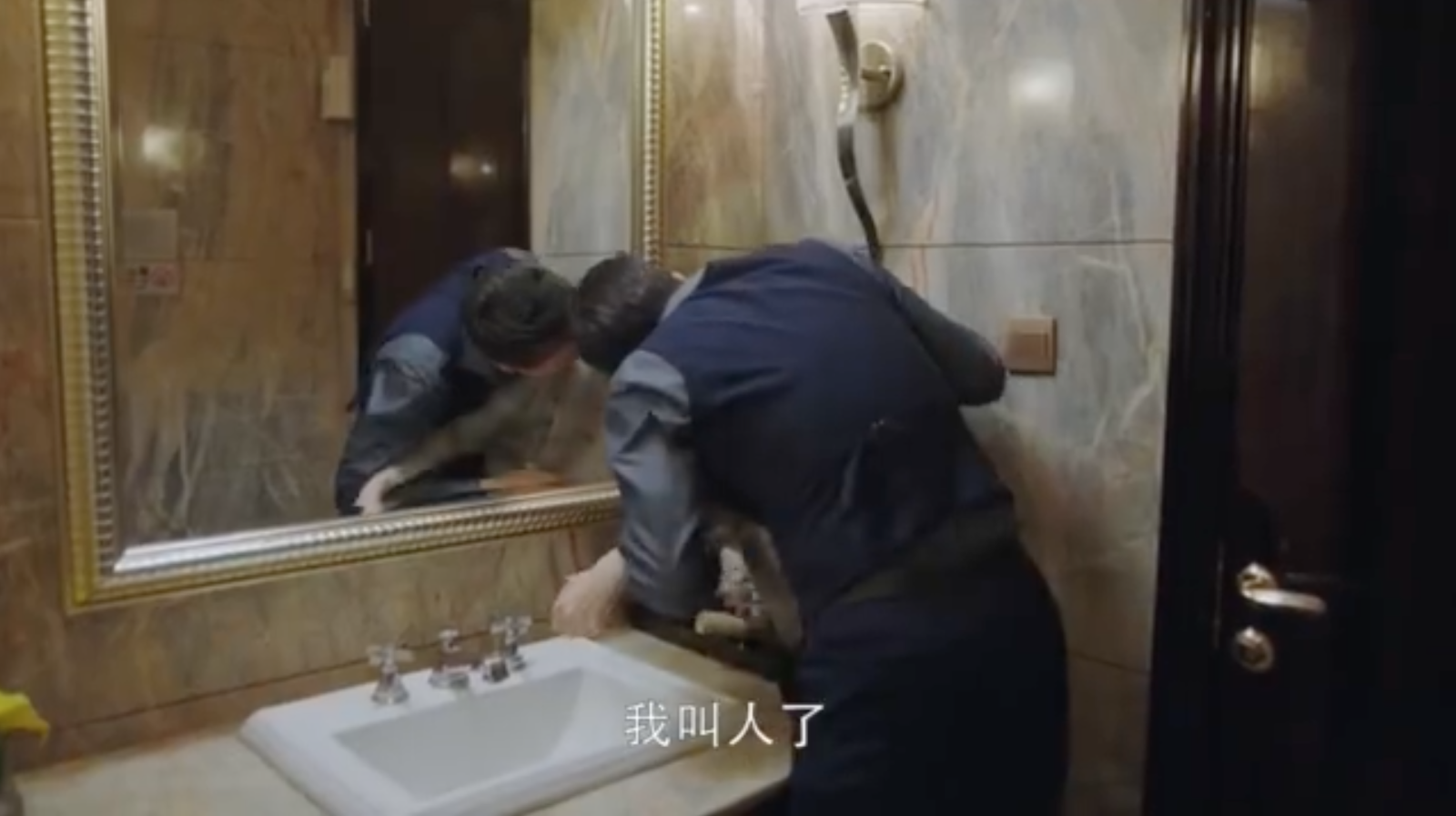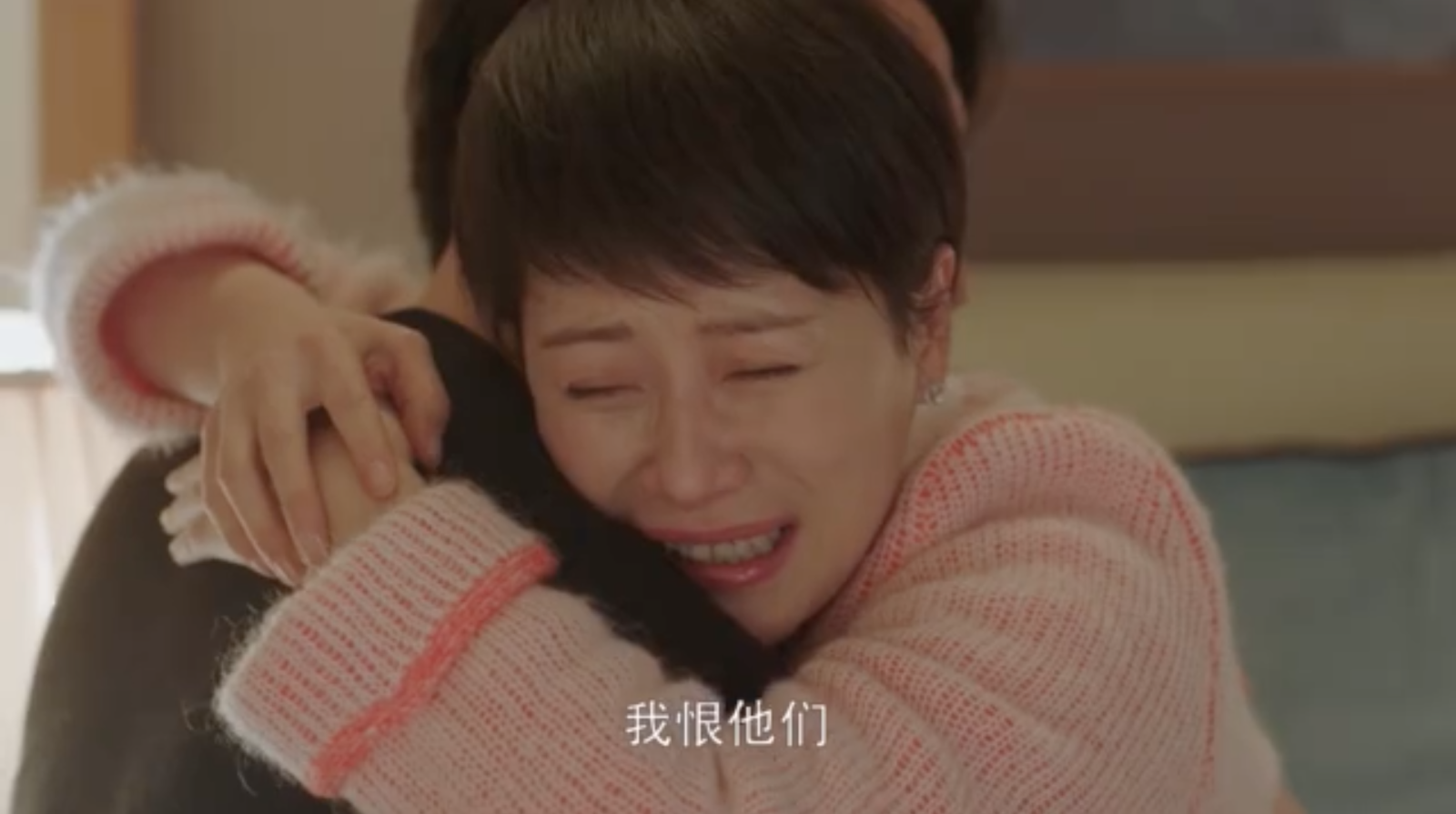Chinese TV show ‘A Little Reunion’ applauded for depicting workplace sexual harassment
Chinese TV show ‘A Little Reunion’ applauded for depicting workplace sexual harassment

Workplace sexual harassment is widespread in China, with surveys finding that nearly 40 percent of Chinese women have experienced some form of sexual misconduct from their colleagues and bosses in a professional setting. The problem is pervasive, but it’s rarely depicted in mainstream media due to its sensitivity and people’s general unwillingness to confront the issue.
That’s why Chinese audiences, especially women, have been thrilled by A Little Reunion 小欢喜, a hit TV show that has pushed the envelope by incorporating sexual harassment in the workplace into its storyline. (You can watch the entire show on YouTube.) In the latest episode, Tóng Wénjié 童文洁, one of the protagonists who works at a start-up as a manager, decides to quit her job after being sexually harassed by her supervisor, Léi Méngdé 雷蒙德, on multiple occasions.
As portrayed in the show, Lei engages in a range of inappropriate behavior, including touching Dong’s hands and shoulders without her consent, implying that Dong’s chances of getting a promotion depends on how “passionate” she is, and blatantly cornering Dong in a women’s restroom and making unwanted advances on her.
In one incredibly emotional scene, Dong, with tears running down her face, informs her husband of her resignation. When asked why, she replies, “I hate them. They are unreasonable.”
While Dong doesn’t muster up the courage to confront her harasser and hold him accountable, the show has received a ton of praise (in Chinese) for not shying away from such an important issue on-screen. (The show itself is a drama about three families with kids in high school, and everything they experience.) Finding the storyline bleakly relatable, one Weibo user wrote, “There are many stories like this in real life. Most victims choose to endure silently because they can’t risk losing their jobs.”
In an online poll (in Chinese) inspired by the show, more than 70 percent of the respondents said they would collect evidence and seek legal help when facing sexual harassment at their jobs, whereas about 16 percent of the participants said they would quietly leave their jobs, just as Dong does in the show.
Although a latecomer to the #MeToo movement, China has seen a number of brave women come forward with their stories of sexual assault and harassment since last year. It’s clear that China’s #MeToo movement has raised the public’s awareness of sexual abuse by people in positions of power. There has also been legal progress for victims of workplace sexual harassment. Last year, the PRC National People’s Congress issued a new draft of the national Civil Code, which, as China Law Blog noted, “heightened protection against sexual harassment on a national level and would also impose more obligations on China employers.”
To keep the momentum going, the topic of sexual assault needs to maintain a prominent place in the popular consciousness, and television is a powerful medium through which to explore it. The arrival of A Little Reunion and the discussions it prompted are timely and encouraging.








